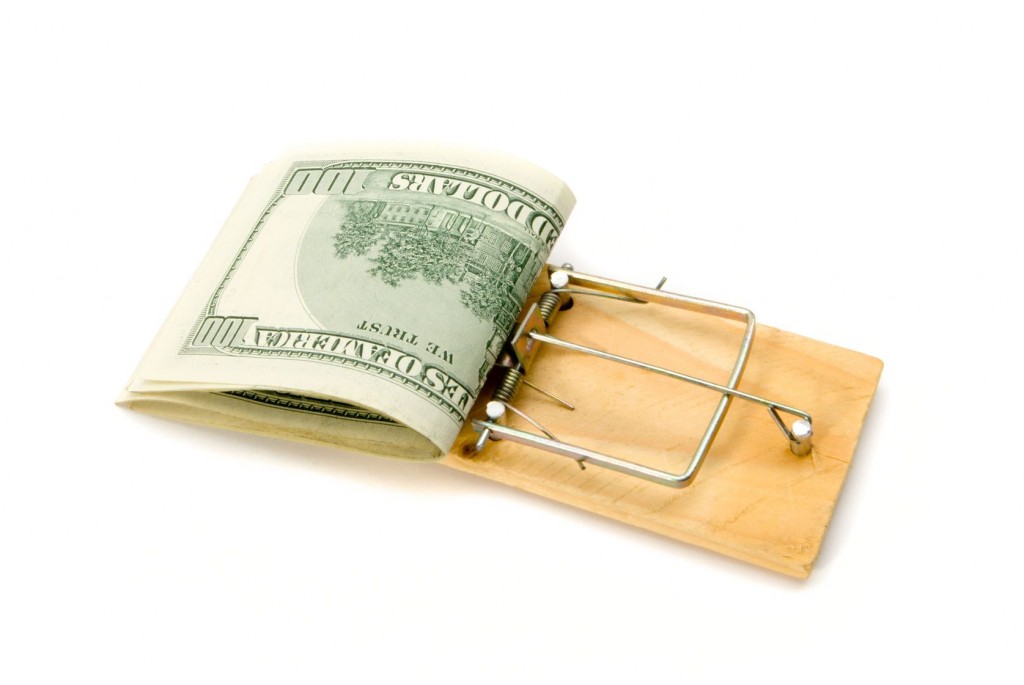The overwhelming majority of Americans are in debt. Whether it’s credit card bills, mortgages or student loans, most of us are paying off, deferring or borrowing more money. Yet for as much as we all are thinking about and dealing with money, no one seems to want to talk about it. For many, it seems to be a source of shame or guilt—and often envy. It’s safe to say we can all agree that we wish we had more money. And though we know money doesn’t buy happiness—who are we kidding? We sure wouldn’t be unhappy if a windfall of cash blew our way.
But studies have shown that, contrary to popular belief, our happiness levels off after we reach a certain degree of comfort in the financial department. These studies suggest that people who earn a comfortable $75,000 are no happier on an intellectual level than people who earn $200,000 or more. As long as our basic needs are met—and a few indulgences are granted—we’re not getting any happier. Turns out self-actualization isn’t dependent on your tax bracket.
And yet—and yet—we remain obsessed with all that is just out of reach. We want the car, the phone and all the indicators of status and success. But we’re disappointed, surprised even, when those things don’t actually improve the quality of our lives. (Gosh, iOS 7, if only you weren’t so glitchy!) The things that truly would improve the quality of our lives (like, say, health care) are often deemed “too expensive.” Some people just aren’t willing to scale back the beer fund for an annual exam.
These tendencies don’t appear to change in relation to income, either. Nor does our ability to grasp the concept that money and happiness aren’t so closely linked to one another as we believe, or else we’d be much more content with what we’ve got.
More baffling yet is that most people don’t know how to effectively manage their money and spend it in direct proportion to their income. Meaning, whether they earn $30,000 or $100,000, the percentage of the paycheck they’re managing to sock away or burn through will be the same regardless. Which makes the quest for a bigger paycheck futile anyway.
Maybe the growing skepticism among Millennials about taking out massive school loans or throwing a huge wedding is a sign of a wisening-up of sorts. This generation of young adults has inherited an economic mess that’s forcing us to make more practical—and sometimes unglamorous—decisions. An obsession with and dependence on technology is a new problem to contend with in that regard, but there’s been a palpable shift in attitudes in recent years.
So the question is, how can we be happy with what we have while also learning to better manage our money, as well as our expectations from life? Just ask someone who won the lottery and blew it all.

















